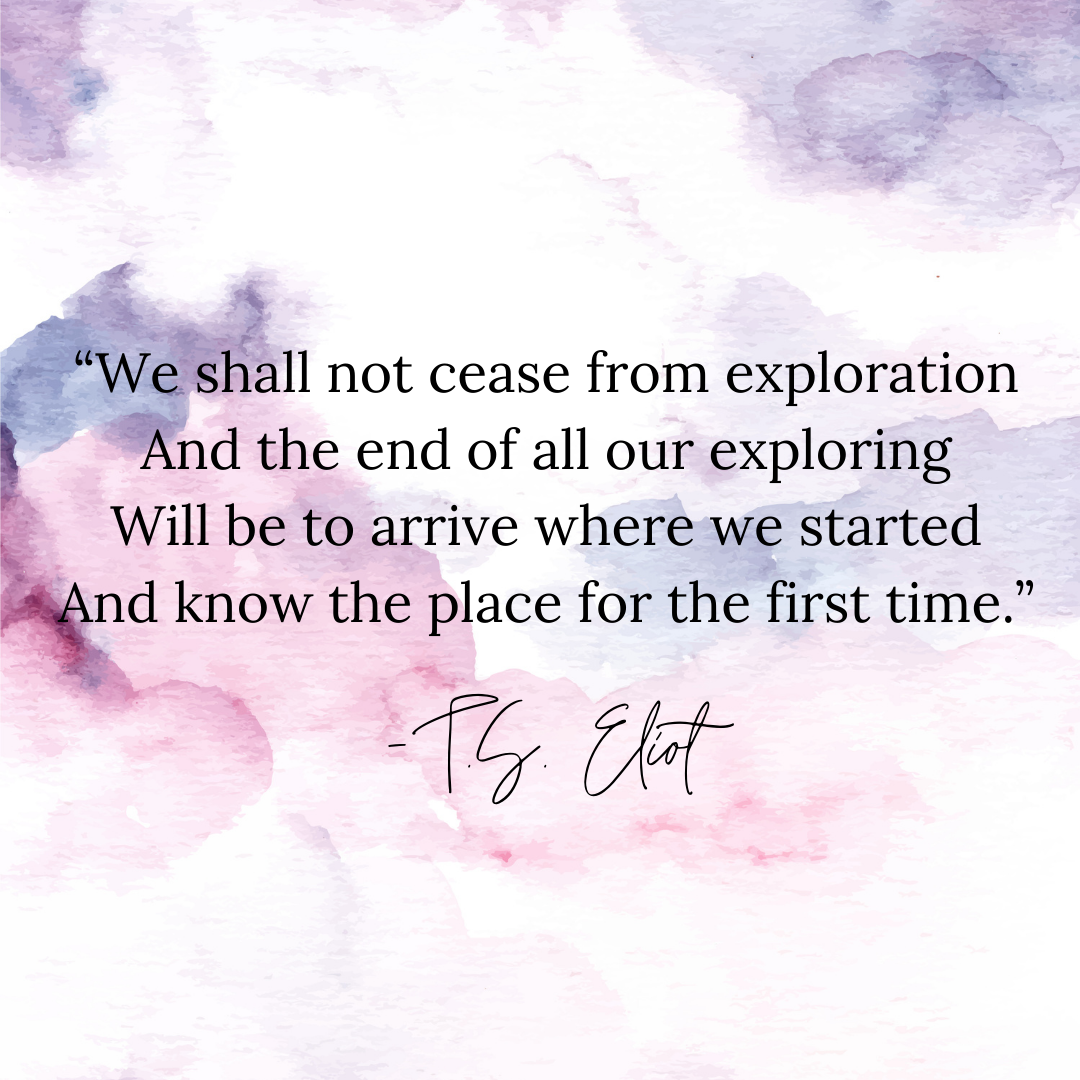What’s your next act?

I have just discovered a new podcast series I can’t get enough of and have completely binged on over the last week. It was recommended to me by one of my Book Club buddies, and it’s called Wiser Than Me. It’s hosted by Julia Louis-Dreyfus, who you (if you are as old as me) will recognise as Elaine from Seinfeld, and her irresistible warmth and quick wit will draw you in from the intro.
As the name, Wiser Than Me hints, Julia has compiled a collection of interviews with women older and wiser than herself. Her guests so far have included: Diane Von Furstenberg, Isabel Allende, Fran Lebowitz, and Carol Burnett, among others. For me, it was the episode with Jane Fonda that had me hooked from the word “wiser”.
I have been a Jane Fonda fan for years, and think she is a sensational role model for aging gracefully. Amongst the pearls of wisdom she shares in her interview, was her concept of living life through a series of “acts”, which I adored, and am going to break down further in this episode.
Jane has been in the show biz industry since 1959, so it’s no surprise she would use acting as a metaphor when she talks about life consisting of three “main acts”.
In theatre work, such as a play, film, musical, ballet or opera, an “act” is a major section of the piece, often comprised of a number of “scenes”. Any good story has a beginning, middle, and end, and the three acts of a play provide this structure.
The first act introduces the characters and the “problem”. The plot thickens in the second act as the problem climaxes, before resolution is found in the third act.
In her life, Jane uses the concept of “acts” to represent time periods throughout her life. For example, Act One is her life up until the age of thirty, Act Two is from 30-60 years old, and Act Three is 60 years old and beyond – her current phase of life.
I love this concept of breaking life into distinctive time periods, as it allows us to see the growth and development of our character over a specific period. For me personally, my life from birth up until my thirtieth birthday was very self-centred, in the sense that I was focused on my learning and development throughout my childhood and into my early 20’s with primary school, high school, and then university. I was exploring and learning about my personality, interests, and skills, and how I could then apply these to my learning and career.
Once my studies were completed, I then focused on my career until my thirties, when my focus shifted to raising my family.
I then arrived at my Second Act: my thirties and forties. This Act has been focused on child-rearing and domestic duties, as well as re-establishing my identity in the context of family life, and my roles of wife and mother.
Personally, I have discovered that these Acts can be broken down further into “scenes”, or decades. I have found each decade has its own themes to be explored. For example, my thirties were extremely family focused as my children transitioned from babies to toddlers and then started primary school. My children are now eleven and nine, and their needs are very different to what they were when they were babies.
Whilst my children have become more independent, I wouldn’t say that parenting is any “easier”…the challenges are just different. In less than a decade, we have gone from trying to determine why they are crying and won’t sleep to navigating school routines and friendships.
As a result, my parenting style has evolved over time, and my routine has shifted to accommodate my increased work hours outside the home, as well as the kid’s extracurricular activities and playdates with friends. Life is constantly evolving and changing, which is a good thing. Hopefully we are also growing and developing with each new Scene and Act.
Another aspect of Jane’s act analogy that resonated for me was her ability to honestly and objectively assess each Act before she moved on the next one, making any necessary adjustments to ensure her next Act is lived as authenticity as possible.
Jane says, “It’s never too late – never too late to change your life, never too late to be happy.” For Jane, this often resulted in ruthless decisions, such as ending long-term relationships that no longer served her. This part takes great courage, which I admire immensely, and reminds me of the quote from Nathan W. Morris: “Edit your life frequently and ruthlessly. It’s your masterpiece after all.”
As we focus on grace this month, this week I challenge you to offer yourself the grace to consider what “Act” of life you’re in at the moment.
What are the main Scenes in this Act?
What was your previous Act, and how has it influenced this Act?
What did you release or move forward with from your previous Act or Acts?
What is your next Act, and how might you live it at your highest level of truth and authenticity?
During her interview with Julia, Jane also shared her favourite quote from T.S. Eliot. It’s one of my personal favourites too:
“We shall not cease from exploration
And the end of all our exploring
Will be to arrive where we started
And know the place for the first time.”
